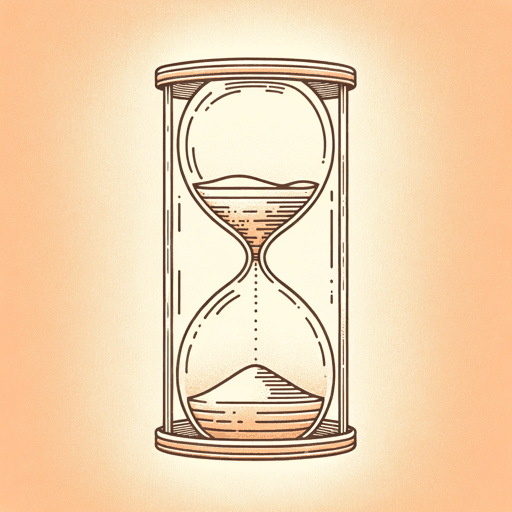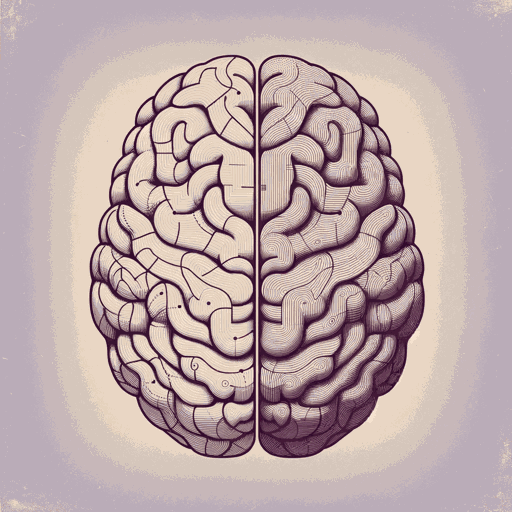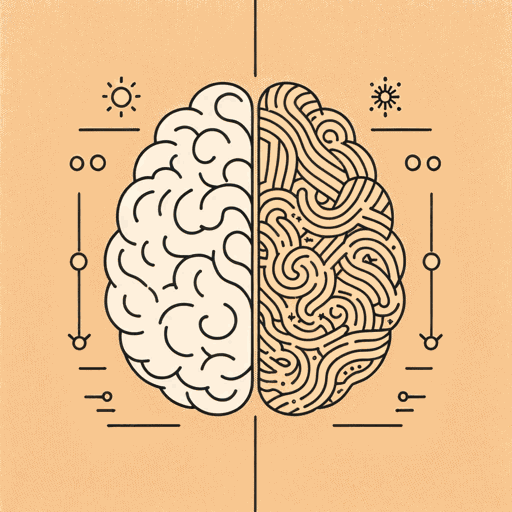48 pages • 1 hour read
Daniel H. PinkThe Power of Regret: How Looking Backward Moves Us Forward
Nonfiction | Book | Adult | Published in 2022A modern alternative to SparkNotes and CliffsNotes, SuperSummary offers high-quality Study Guides with detailed chapter summaries and analysis of major themes, characters, and more.
Background
Cultural Context: Attitudes Toward Regret in the Global West
Daniel H. Pink’s The Power of Regret: How Looking Backward Moves Us Forward challenges the popular adage of “No regrets” that pervades Western culture. Beginning with French entertainer and world-renowned singer Edith Piaf’s hit song “Non, Je Ne Regrette Rien” (French for “No, I do not regret anything”), the adage inspired other musical artists, public figures, and advertising agencies whose art, reputations, fanbases, and overall effectiveness benefited from the mantra’s popular appeal. It is no surprise that a mantra that champions abandonment of the past and refusal to experience the uncomfortable emotion of regret would draw in crowds and even become a popular tattoo.
In The Power of Regret, Pink argues that the philosophy is not only nonsensical and untenable but a mere performance. Pink consulted 50 years of academic research in cognitive science, neuroscience, social psychology, and developmental psychology to develop an understanding of why regret exists and how it operates. In 2020, Pink conducted the World Regret Survey, the largest and most inclusive public-opinion survey ever conducted on the topic of regret. Of the 23,000 people surveyed in 109 countries, 82 percent believed regret was at least occasionally a part of life, 21 percent indicated they experienced regret all the time, and only 1 percent indicated they never felt regret.
Related Titles
By Daniel H. Pink



